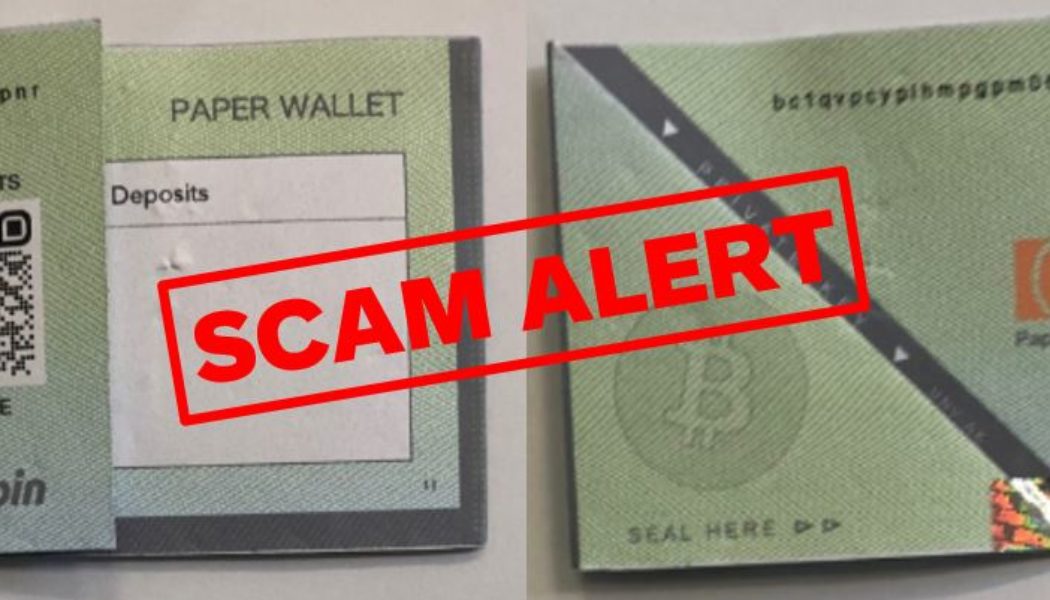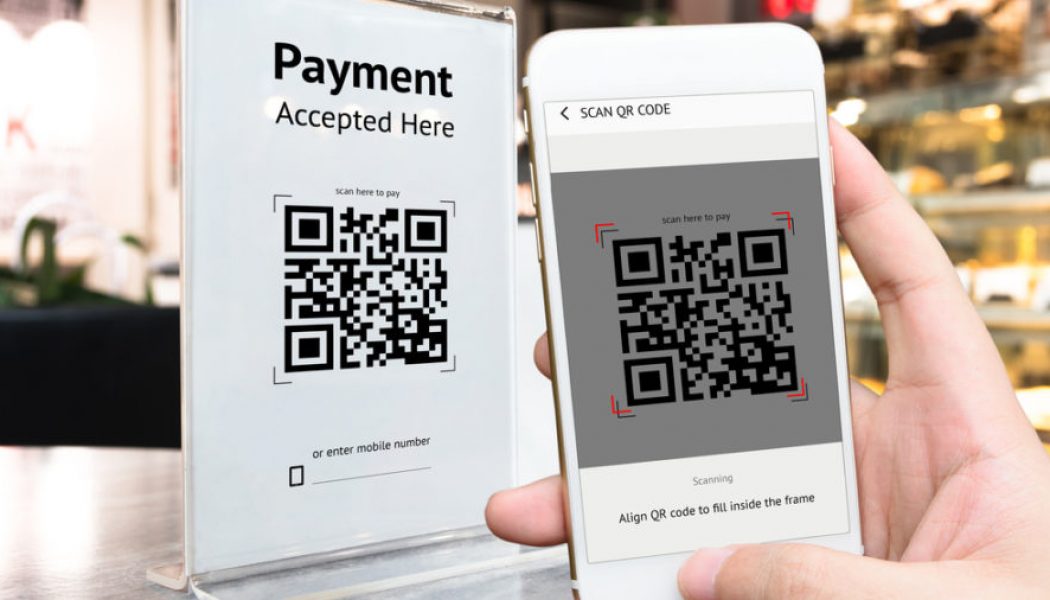QR code
Aussies warned to avoid crypto paper wallets they find on the street
Australians have been warned to stay away from suspicious-looking fake Bitcoin paper wallets, which work by luring victims into accessing a lucrative crypto wallet but will ultimately drain them of their own crypto holdings. According to a Nov. 22 post on the Facebook page of the NSW Police Force, the scam starts as a paper cryptocurrency wallet with a QR code, which is made to appear like a legitimate Bitcoin paper wallet. These are strewn by scammers in public locations such as streets or parks. An example of the scam crypto paper wallets. Source: NSW Police Force An individual that locates the paper wallet and scans the QR code is directed to click on a link to access a crypto wallet with up to $16,000 Australian dollars ($10,000). The person is then asked to pay a withdrawal fee ...
Owner of PEP SA Adopts 3D Technology to Take Shopping into the Future
We use cookies on our website to give you the most relevant experience by remembering your preferences and repeat visits. By clicking “Accept All”, you consent to the use of ALL the cookies. However, you may visit “Cookie Settings” to provide a controlled consent.
How COVID-19 could cause a Surge in QR Code Scams
Sourced from Forbes The COVID-19 pandemic has forced organisations all over the world to rethink the way they interact with their consumers. For instance, restaurants have opted to use QR codes so that customers can browse menus on their phone or make contactless payments without risking possible transmission. And now, Check Point is warning mobile users of the security risks of QR codes. The cybersecurity solutions company says that hackers are looking to take advantage of QR codes’ new popularity, by replacing legitimate QR codes with one that launches a malicious URL or tries to download customized malware. A recent survey by MobileIron showed that from March to September 2020, 38% of respondents scanned a QR code at a restaurant, bar or café, and 37% scanned a code at a retailer. Over ...
Cashless and Contactless Payments Beyond COVID-19
The emergence of COVID-19 has made the need for digitising payments more critical than ever before and for this to be a success, electronic payments need to offer similar benefits to those afforded by cash. Globally, economies are in various stages of development having either started developing, replaced or are busy replacing daily batch payment systems with real-time systems that execute payments in seconds with the flexibility to meet the needs of the future digital economy. The drive towards digital payments and lowering the reliance on cash is not new to South Africa’s payments market. There are several mechanisms already in place to enable this and banks, card companies, fintechs and retailers are all involved in rolling out digital, non-touch payment mechanisms. Contactless cards us...











